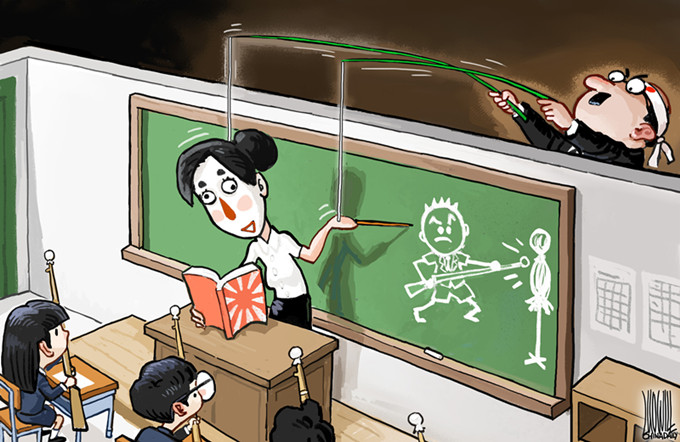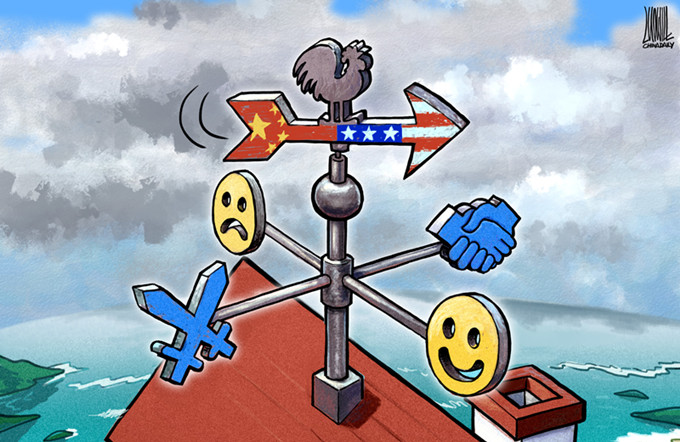Challenges for administration
There are several reasons for the above problems. First of all, an integrated and standardized administrative approval system has yet to be established and the current system places too many items and too much discretionary power in the administrative examination. Furthermore, the unbalanced internal supervision and inadequate social supervision mean the system is inefficient and there is space for corruption.
Also the Administrative License Law has some practical issues that need addressing. For one thing, the law cannot be fully carried out as some departments and officials have escaped from its control and kept those approval items relating to their own interests. For another, the policies in support of the law are still inadequate.
Measures need to be taken to solve these problems. First, China should keep carrying forward reform and innovation of the current administrative approval system. Instead of just focusing on the "number effect" by simply reducing the number of approval items, the government should push forward the core purpose of this reform by improving the relationship between government and market, so the market is finally allowed to allocate resources. Government functions should focus on creating a better development environment and maintaining fairness and justice in society.
Second, the central government should strengthen the supervision of examination and approval operations. More transparency is needed, so the system can consolidate the traditional supervision, such as by judicial office and legislative body, and develop new monitoring means. For example, the e-government platform can be used to facilitate the evaluation and approval process.
Third, the Administrative License Law should be effectively enforced and the legal quality of relevant administrative officials should be raised and supporting systems and policies to support the law, such as building the administrative licensing system with unified regulations, should be completed.
Finally, the information disclosure system and administrative compensation system should be updated and evaluation systems should be established for both before and after the administrative licensing.
After being piloted first in Shenzhen 15 years ago, administrative reform was rolled out nationwide in 2001, but these reforms were propelled by China's accession to the World Trade Organization. Whether further reform will succeed or not depends on whether the government has the courage and determination to push forward reform.
The author is a researcher with the Party School of the Central Committee of CPC.
(China Daily 05/16/2013 page8)





















